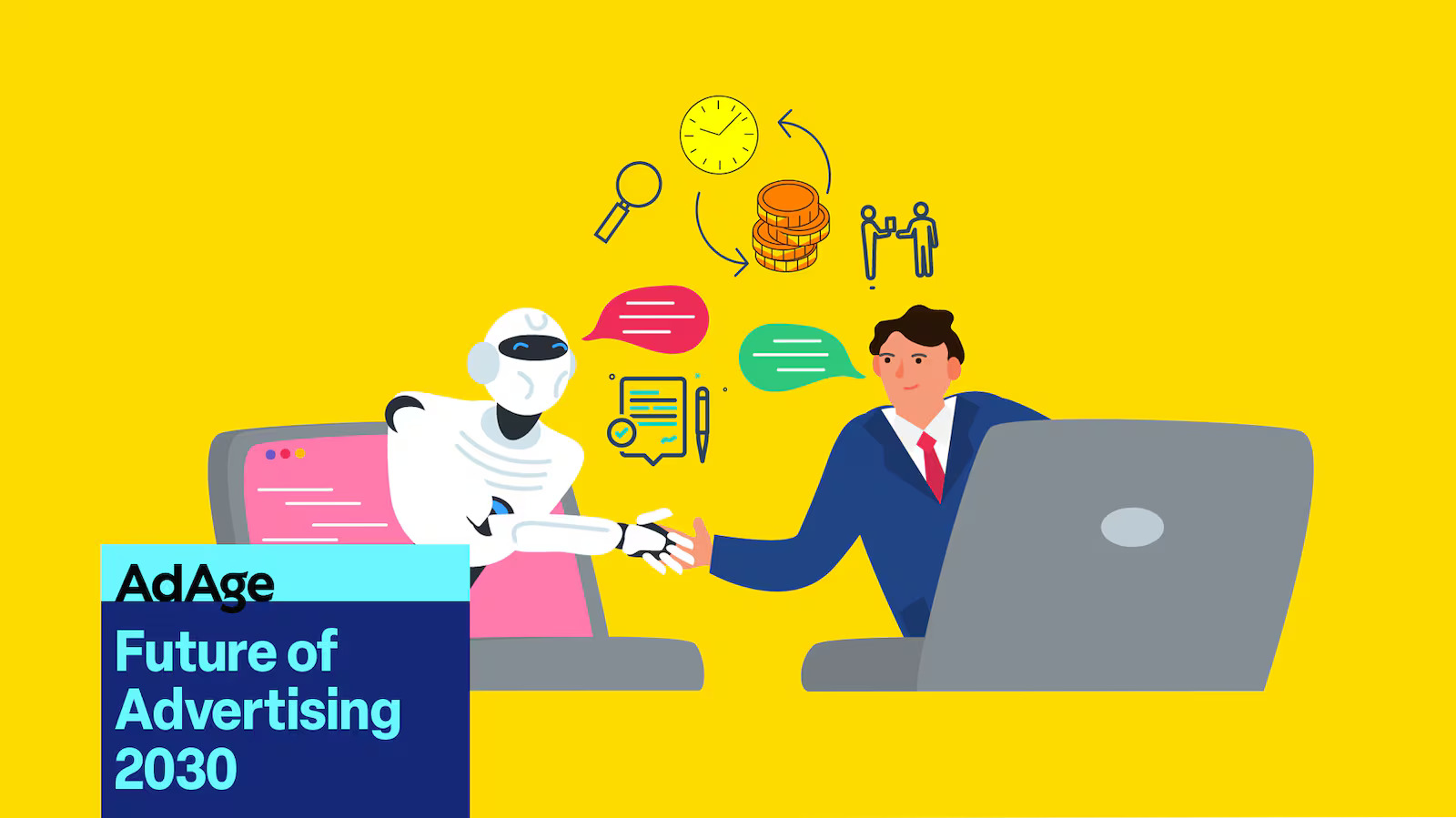The agency pitch process is changing fast. By 2030, leaders expect reviews to be shorter, AI-powered, and less about flashy presentations—and more about the relationships that define strong agency culture.
AI Speeds Up the Process
Generative AI will handle much of the manual RFP work, from writing briefs to analyzing responses. Mile Marker CEO Scott Shamberg predicts that tasks taking 15+ hours today will be cut in half or more, giving agencies more time to focus on people and culture rather than paperwork. AI will also push brands to ask tough questions in contracts: How do agencies use AI? How will efficiency gains flow back to clients?
From Theater to Chemistry
While AI reshapes logistics, the human side of agency culture becomes more important than ever. Brands will prioritize chemistry meetings and real collaboration over staged decks. Agencies that foster transparency, trust, and cultural alignment will stand out—because no algorithm can replicate the connection that comes from shared values and authentic partnership.
Impact Over Impressions
By 2030, agencies won’t just be judged on creative sparkle. They’ll need to prove business outcomes and demonstrate how their culture drives results. Agencies with a culture of agility, transparency, and measurable accountability will win, while those stuck in rigid, theatrical review processes will be left behind.
The takeaway: Agency culture will be the differentiator in 2030. The agencies that balance AI efficiency with human trust and collaboration will be the ones that thrive.








